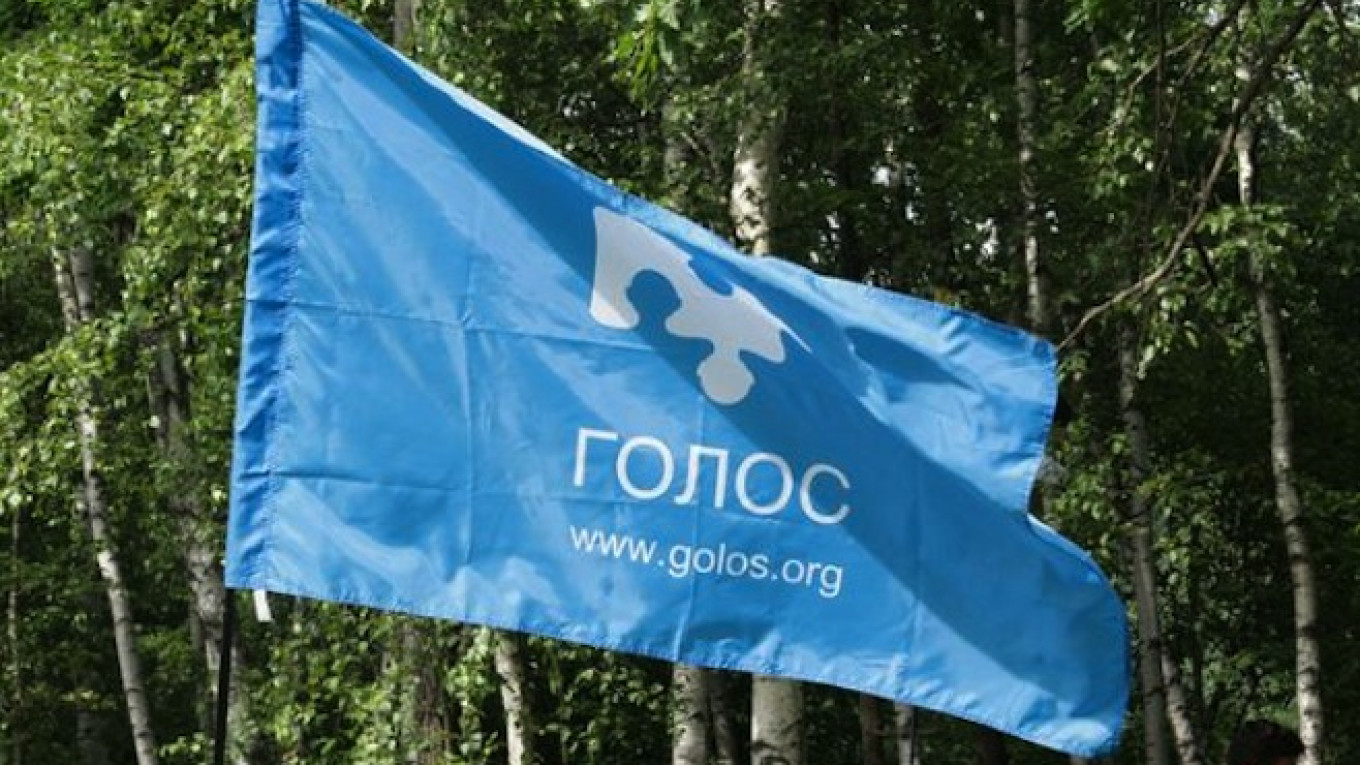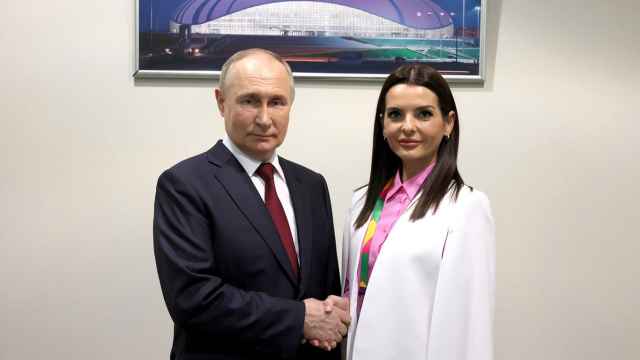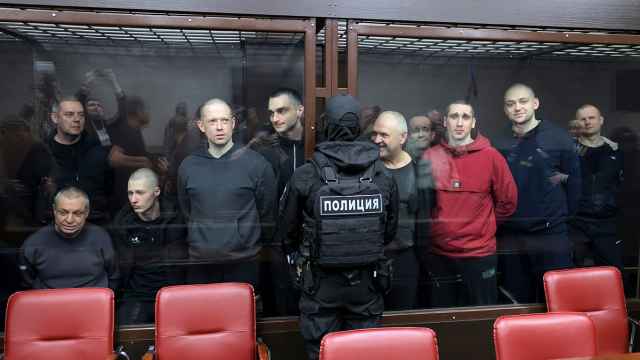An expert working for a prominent Russian elections watchdog that has been labeled a foreign agent by the Justice Ministry was attacked in a Moscow metro car on Wednesday night by a man who accused him of betraying Russia for the United States.
Vasily Vaisenberg, an expert at the Golos vote-monitoring NGO, said the man sitting opposite him on the metro began to complain about the Golos pin on Vaisenberg's jacket, according to his police statement, which he published on his Twitter feed.
“In a rude manner, he told me to take it off, accusing me of being a 'foreign agent' who had 'sold his motherland to the U.S.,'” Vaisenberg wrote in the statement.
Founded in 2000, Golos played a key role in exposing widespread violations during the 2011 parliamentary elections. In 2013, under a new law on NGOs it became the first organization in Russia to be declared a "foreign agent," a term widely associated with spying in Russia.
Vaisenberg refused to take off his Golos pin, prompting the unidentified man to grab his jacket and rip the pin off. Vaisenberg said the man had grabbed his arm so hard he could have broken it.
When the Golos employee tried to inform the train's driver via an emergency intercom, the man began to shout: “I am going to kill you here and now and nobody will stop me,” according to Vaisenberg.
The man got off the metro when the train arrived at the next stop. Vaisenberg said he also left the metro car to find a police officer and report the incident, but none were available at the station. He then went on to the next station and reported the incident there.
In July, Golos said that the Justice Ministry has initiated the procedure of revoking its foreign agent status, but the process is expected to take three months. Earlier Golos successfully argued in court that it does not receive funding from abroad.
In 2012 President Vladimir Putin signed a law that made it mandatory for all NGOs engaged in loosely defined political activity while receiving funding from abroad to be labeled as foreign agents. Many rights activists interpreted the law as an effort to sideline civil society in Russia.
Contact the author at i.nechepurenko@imedia.ru
A Message from The Moscow Times:
Dear readers,
We are facing unprecedented challenges. Russia's Prosecutor General's Office has designated The Moscow Times as an "undesirable" organization, criminalizing our work and putting our staff at risk of prosecution. This follows our earlier unjust labeling as a "foreign agent."
These actions are direct attempts to silence independent journalism in Russia. The authorities claim our work "discredits the decisions of the Russian leadership." We see things differently: we strive to provide accurate, unbiased reporting on Russia.
We, the journalists of The Moscow Times, refuse to be silenced. But to continue our work, we need your help.
Your support, no matter how small, makes a world of difference. If you can, please support us monthly starting from just $2. It's quick to set up, and every contribution makes a significant impact.
By supporting The Moscow Times, you're defending open, independent journalism in the face of repression. Thank you for standing with us.
Remind me later.






